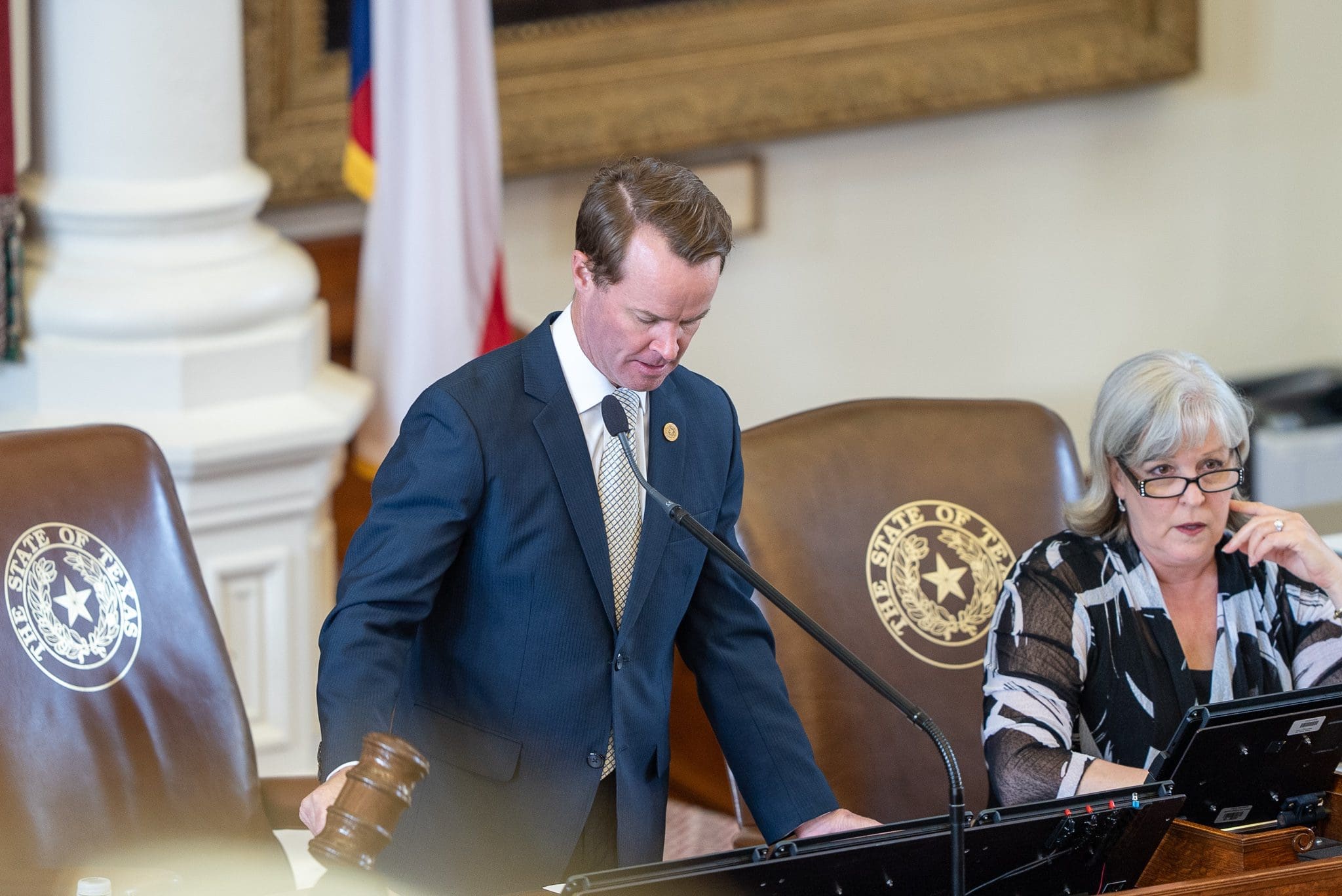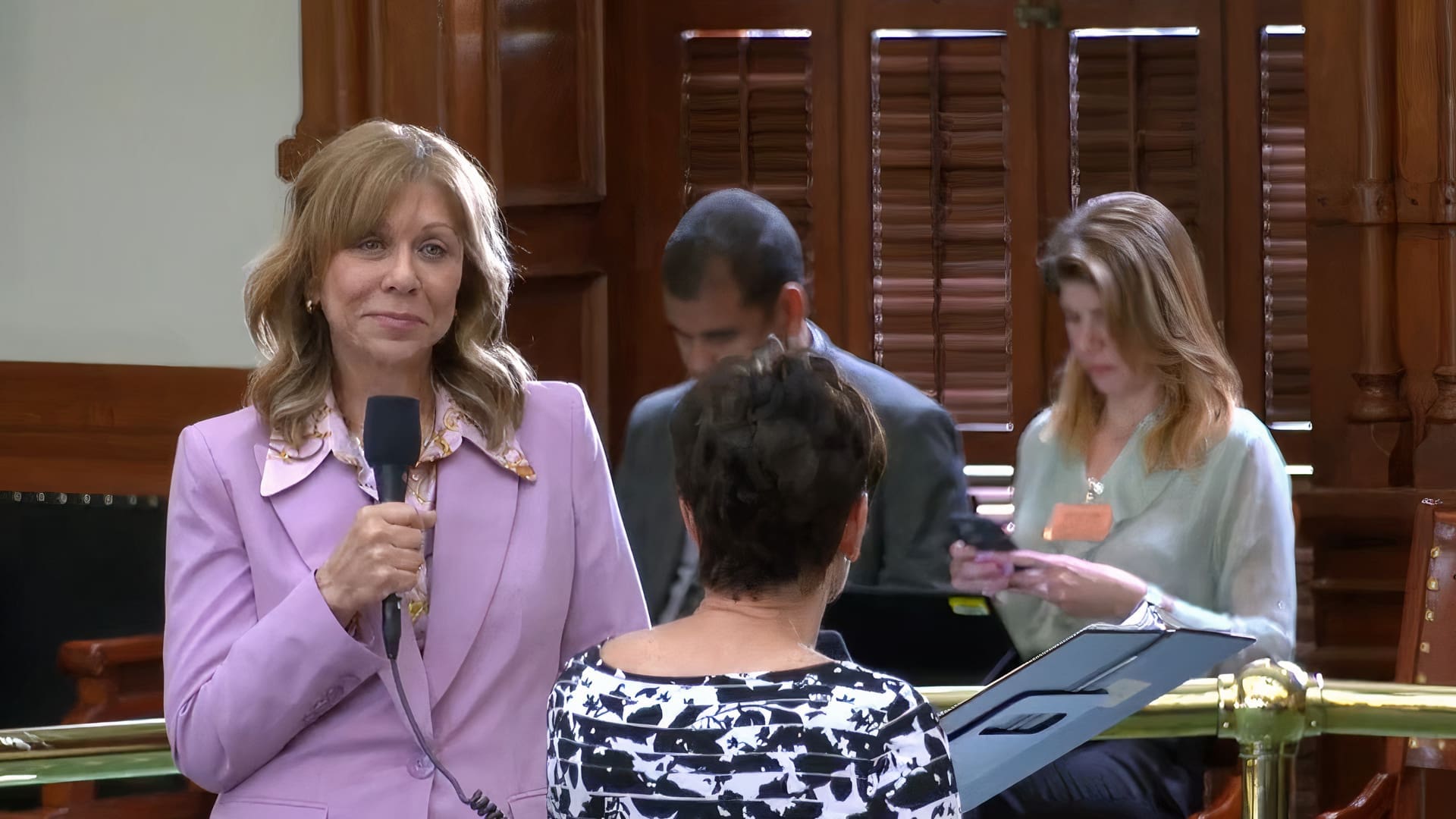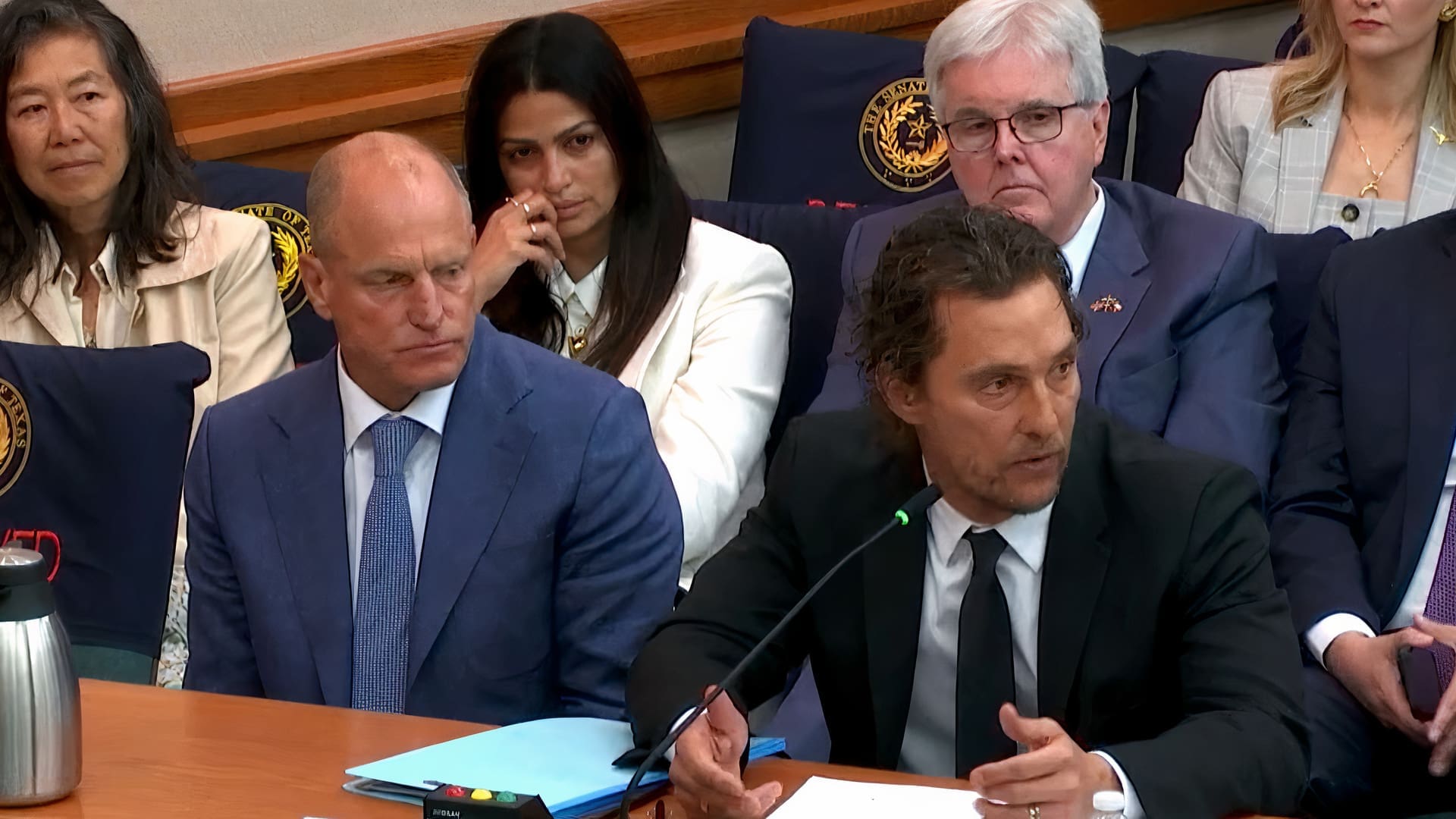After the Texas Legislature chose not to extend a massive corporate welfare program last year, House Speaker Dade Phelan is doubling down on previous pledges to work to bring the controversial program back.
Chapter 313 of the Texas Tax Code allows school districts to offer large tax breaks for 10 years to renewable energy and other businesses. The tax breaks come at no loss to the school districts. Instead, the state supplements the lost revenue to the districts from sales taxes and other state-collected taxes.
The program has drawn criticism from the right and left; both the Republican Party of Texas and the Democrat Party of Texas have called for the abolition of Chapter 313 abatements and corporate welfare in their party platforms.
Renewed criticism was placed on the program last year, as many of the unreliable wind farms that failed during the February winter storm were beneficiaries of the scheme.
With the program set to expire at the end of 2022, two attempts were made during last year’s regular legislative session to keep the program going.
One effort by outgoing Republican Caucus Chairman State Rep. Jim Murphy of Houston would have not only extended the program for 10 years, but it also would have expanded the types of projects eligible for the subsidies to existing companies that are simply doing “renovations, improvement, and modernization.”
When that bill was considered in the Texas House in May, a bipartisan group of lawmakers worked to gut it, stripping renovations from eligible projects and proposing voter approval of 313 projects.
Those changes were deemed unsuitable by Murphy, who postponed his bill beyond the House’s deadline, effectively killing the legislation.
Another bill by State Rep. Morgan Meyer (R–Dallas) to extend the program for another two years, however, was approved by House members.
But when that bill reached the Senate, it met strong resistance.
State Sen. Brian Birdwell (R–Granbury), who sponsored the bill in the Senate, amended it to extend the program for three years, to 2025.
During a committee hearing, State Sen. Lois Kolkhorst (R–Brenham) blasted the program as having “run amok,” adding that she believed it was “time to start over with an absolute clean slate.”
While the bill made it out of committee in the Senate, it never received a vote, leaving the program set to expire at the end of 2022 before the next legislative session.
At the Texas Oil and Gas Association’s Ad Valorem Tax Conference in February, Phelan said the program could be resurrected, saying the Legislature would be working on “developing a program to replace Chapter 313, a crucial incentive program to attract businesses to Texas.”
Now Phelan is doubling down on that pledge.
At the West Texas Legislative Summit in San Angelo on Thursday, Phelan reportedly said the Legislature would take a “long, hard look” at the program and expressed confidence that the House could pass “a version of 313s that are more transparent, with more accountability and oversight.”
Tim Hardin, the president of Texans for Fiscal Responsibility, maintains that extending the program would come at the expense of Texas taxpayers.
“Abatements allow large corporations and those with political influence to temporarily exempt a portion of their property’s value from taxation, a privilege not granted to Texas homeowners or the vast majority of businesses,” said Hardin. “This has become an attractive option for giant corporations seeking temporary relief from Texas’ oppressive property tax rates.”
He added, “Texas taxpayers shouldn’t be stuck with increased tax bills in order to carry the cost of well-connected businesses. Instead, they should demand the Texas Legislature let these programs expire and encourage local governments to compete for business by cutting taxes and red tape rather than picking winners and losers.”
The Legislature is slated to reconvene in January of 2023.
No ads. No paywalls. No government grants. No corporate masters.
Just real news for real Texans.
Support Texas Scorecard to keep it that way!





